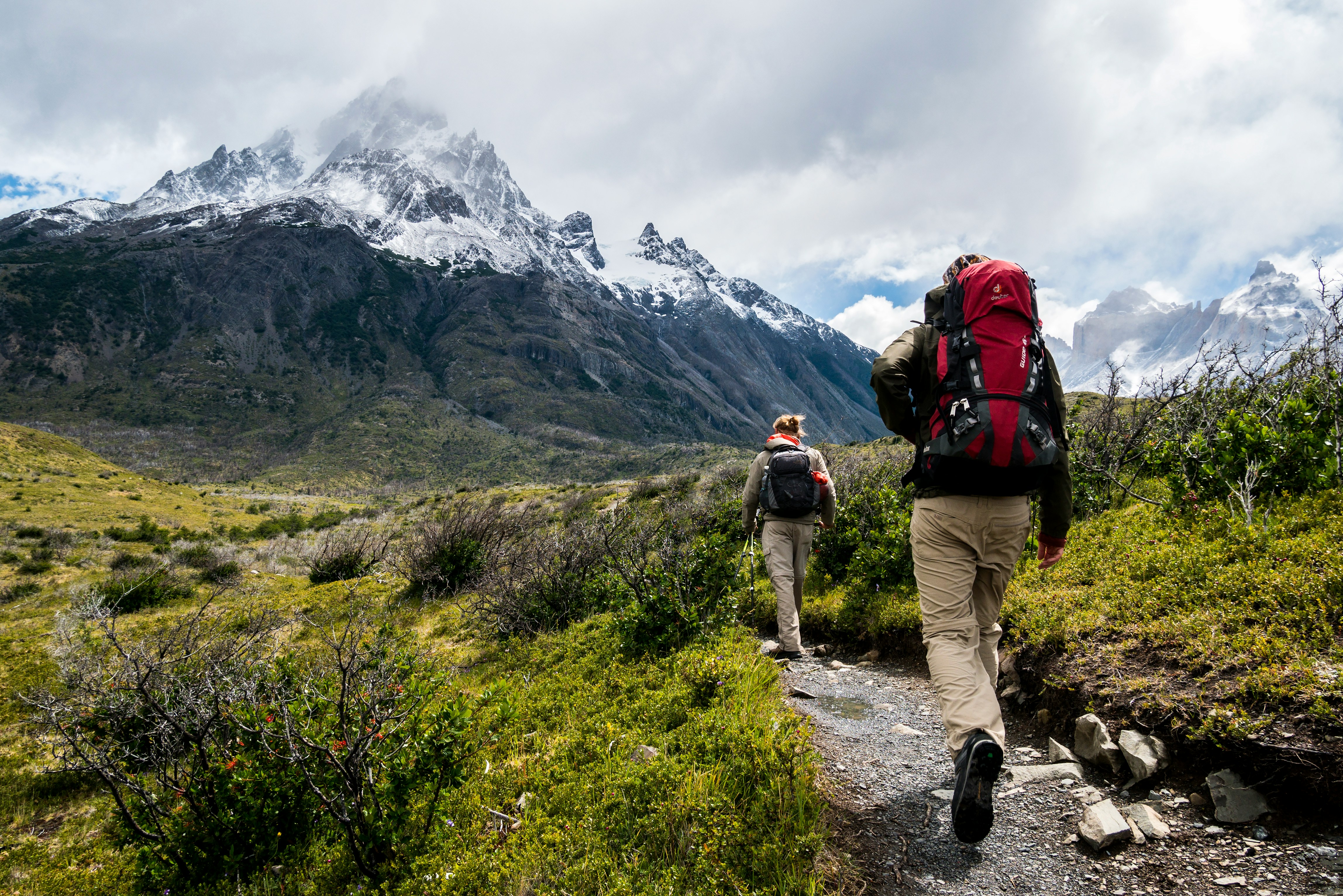Best practices
30 July 2025
Peloponnese Trails: A Blueprint for Rural Regeneration through Social Economy
Best practices
30 July 2025
Regenerative Green Transition
Urban and Rural Wellbeing
Proximity and social economy
+10 more
Login / create an account to be able to react

Peloponnese Trails is a transformative regional initiative weaving together hiking infrastructure, social economy, digital mapping, and green transition to revitalise rural Greece. Backed by cooperative governance and over 22 social enterprises, it sets a European benchmark for sustainable rural development.
Topics
Greece
Academic / Research and VET Institutions
Business Support Organisation
Company with 250 or more employees
Cluster Organisations
Consumer Organisations
Cultural and Heritage Organisations
Destination Management & Marketing Organisations
EU Institutions
Financial Institutions and Investors
Industry Associations and Chambers of Commerce
International Organisations
Local Authorities
Media / Journalist Organisations
National authorities
Networks and Federations / Confederations
NGOs / Non-profits
Notified Bodies
Regional Authorities
SMEs (a company with less than 250 employees)
Social Economy Entity
Trade Unions
Other
-
Thematic area
-
-
Regenerative Green Transition
-
Urban and Rural Wellbeing
-
-
Interlinkages with other sectors
-
-
Proximity and social economy
-
Cultural and creative industries
-
-
Action areas and keywords
-
-
Access to technology
-
Circular Economy
-
Creating financial incentives and supportive regulation for green and circular social economy business models
-
Data sharing, Data management & Code of Conduct
-
Reinforcing Business to Business collaboration for greener and circular value chains
-
-
Ecosystem focus
-
-
Proximity economy
-
Social economy
-
-
Scope of activity
-
-
Local/neighbourhood
-
Regional
-
Share
Peloponnese Trails, launched in early 2025, is more than a tourism initiative—it is a pioneering model for territorial regeneration through social economy (SE). Spearheaded by the Region of Peloponnese, Parnonas Development Agency, and the regional SE union PELOPAS, the initiative aims to restore 1,730 km of certified hiking trails across five regional units.
The trail network acts as a green spine for rural revival, connecting over 200 villages while addressing depopulation, economic mono-dependency, and fragmented planning. The strategy combines eco-tourism, proximity economy, inclusive employment, and environmental stewardship.
Key features include:
- 70% (1,200+ km) of trails completed as of mid-2025
- A participatory digital trail map, recognised for international innovation
- Employment and training for over 100 rural residents through social enterprises
- Use of low-impact materials, biodiversity corridors, and inclusive signage
- Strong community participation via cooperative governance
SE actors manage everything from trail maintenance and signage to hosting services and storytelling. With digital tools like real-time maps and open-source planning platforms, the project ensures both transparency and civic engagement.
As Greece’s largest certified trail system, Peloponnese Trails is an EU-level exemplar in:
- Climate-resilient infrastructure
- Circular and proximity economies
- Participatory governance
- Youth employment and skills development
Looking ahead, the final 500 km of trails will be completed by Q4 2025, accompanied by visitor platforms, economic circuits, and plans for a trans-European SE Trail Network. Peloponnese Trails shows how rural landscapes can be reimagined—turning trails into transformative corridors for community, climate, and culture.
General lessons learned include the following:
- Rural communities engaged in social and solidarity economy can contribute to territorial governance by valuing their situated knowledge and organising through cooperative forms.
- Public works in rural areas such as trails and green infrastructure should be treated should be treated as commons managed by local communities.
- Governance works best when public authorities, social economy actors and private partners collaborate in a tripartite model. This approach ensures project continuity, bottom-up participation and steady funding.
Comments (0)
See also
-
10
Cities@Heart: Breathing New Life into European City Centres
- Categories
- Regenerative Green Transition Urban and Rural Wellbeing Proximity and social economy +15 more
-
41
Progress report of the proximity and social economy Transition Pathway: Key insights
- Categories
- Regenerative Green Transition Skills Transformative Digital Transition +59 more
-
18
Urban and Rural Wellbeing Highlights: June and July 2025
- Categories
- Proximity and social economy Agri-food Construction +62 more




